Epic Games files lawsuit after Apple delists Fortnite from App Store
3 min. read
Published on
Read our disclosure page to find out how can you help MSPoweruser sustain the editorial team Read more
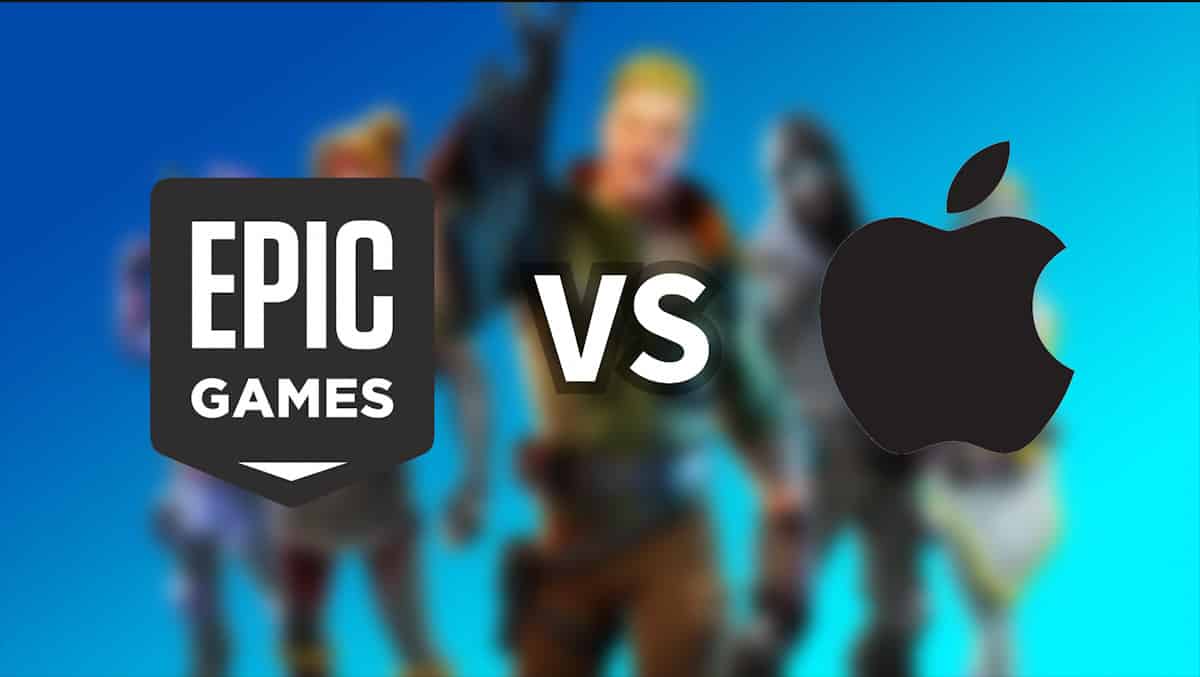
Epic Games has filed a lawsuit against Apple in the Northern District of California following the delisting of Fortnite from the iOS App Store.
The lawsuit argues that Apple’s hefty 30% cut of all purchases on the iOS App Store is a “monopolistic” practice, one that “imposes unreasonable and unlawful restraints to completely monopolize both markets and prevent software developers from reaching the over one billion users of its mobile devices (e.g., iPhone and iPad) unless they go through a single store controlled by Apple.”
Epic Games compares the “anti-competitive” nature of Apple’s iOS ecosystem to that of Apple’s other ecosystem: MacOS.
“In contrast, software developers can make their products available to users of an Apple personal computer (e.g., Mac or MacBook) in an open market, through a variety of stores or even through direct downloads from a developer’s website, with a variety of payment options and competitive processing fees that average 3%, a full ten times lower than the exorbitant 30% fees Apple applies to its mobile device in-app purchases,” reads the lawsuit.
Epic Games claims that they’re not looking to seek financial compensation for its products that have been subjected to the 30% Apple tax in the past – such as Fortnite microtransactions – but instead wishes to interrupt the “complete monopoly” that Apple holds on is closed ecosystem.
“Epic is seeking injunctive relief to allow fair competition in these two key markets that directly affect hundreds of millions of consumers and tens of thousands, if not more, of third-party app developers,” says the Epic Games v Apple lawsuit.
Epic says that Apple will “not even offer iOS users the choice of additional payment processing options alongside Apple’s. And Apple goes as far as to gag app developers, preventing them from even mentioning to users the option of buying the same content outside of the app—for example, by purchasing content directly from the app developer, or using a web browser.”
Of course, Epic reveals that the nature of the Apple Tax on App Store products results in consumers being charged more compared to other platforms. Despite this, Epic Games realises that users struggle to change mobile platforms due to “significant switching costs and lock-in to the Apple iOS ecosystem, which serves to perpetuate Apple’s substantial market power.”
The Epic Games lawsuit likens modern Apple to an Orwelian business, just like the IBM machines that they cleverly marketed themselves against during the 1984 release of the first Macintosh.
“Fast forward to 2020, and Apple has become what it once railed against: the behemoth seeking to control markets, block competition, and stifle innovation. Apple is bigger, more powerful, more entrenched, and more pernicious than the monopolists of yesteryear,” the lawsuit reads. “At a market cap of nearly $2 trillion, Apple’s size and reach far exceeds that of any technology monopolist in history.
“Epic seeks to end Apple’s dominance over key technology markets, open up the space for progress and ingenuity, and ensure that Apple mobile devices are open to the same competition as Apple’s personal computers. As such, Epic respectfully requests this Court to enjoin Apple from continuing to impose its anti-competitive restrictions on the iOS ecosystem and ensure 2020 is not like “1984”.”

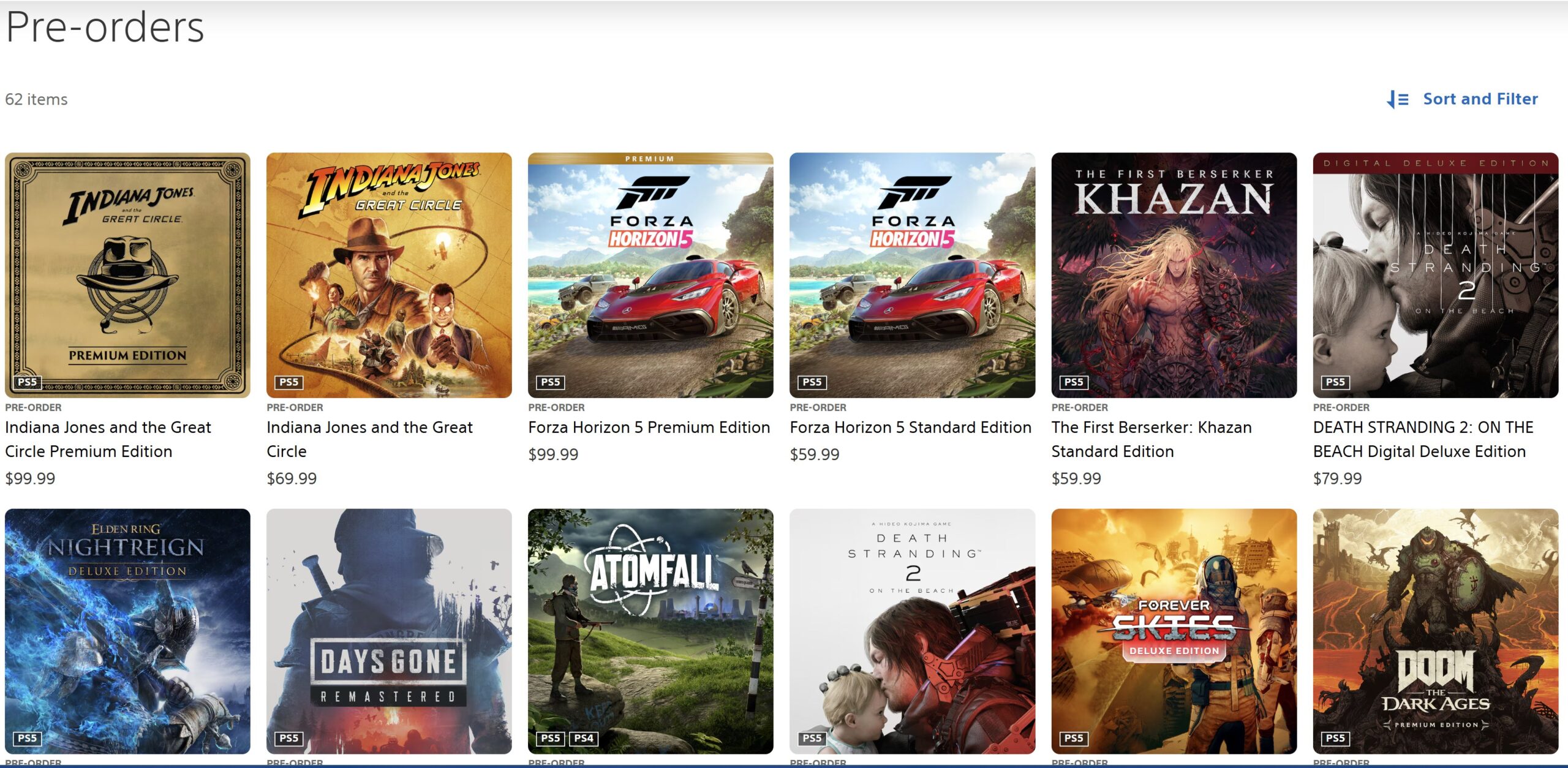

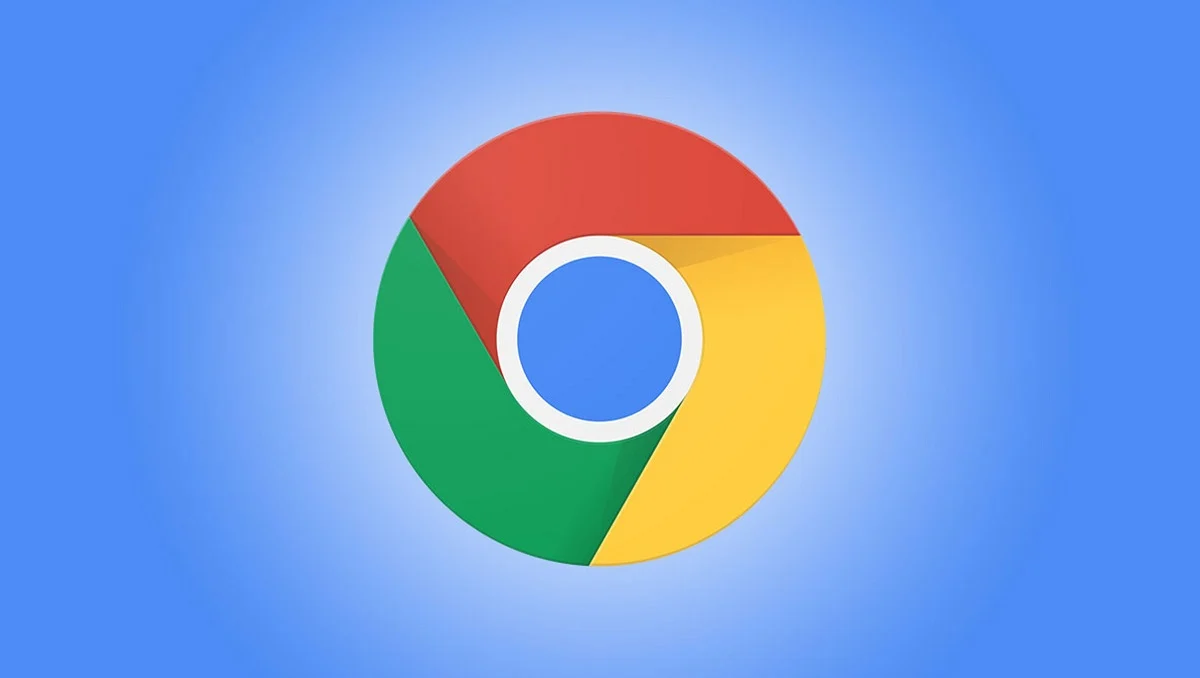
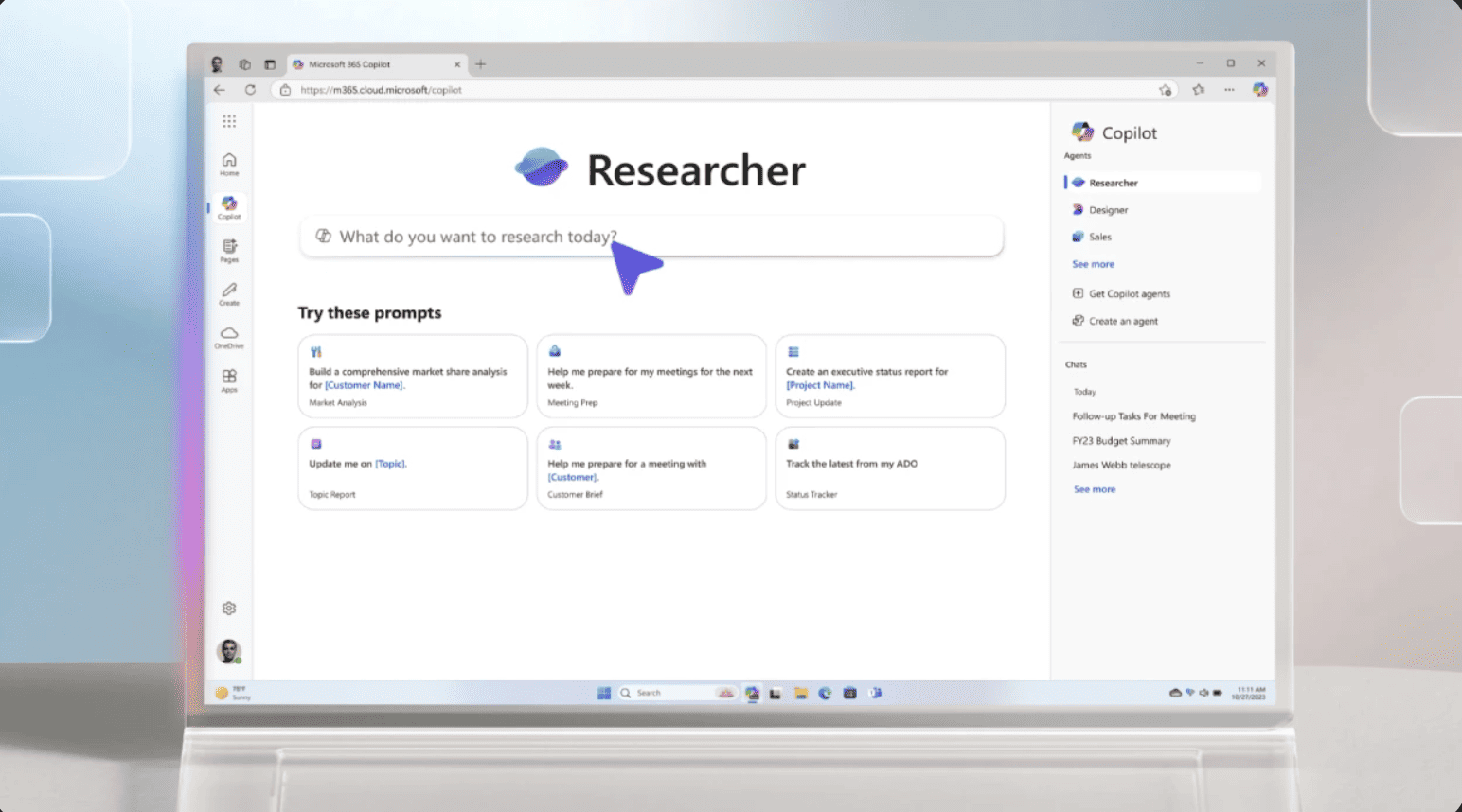
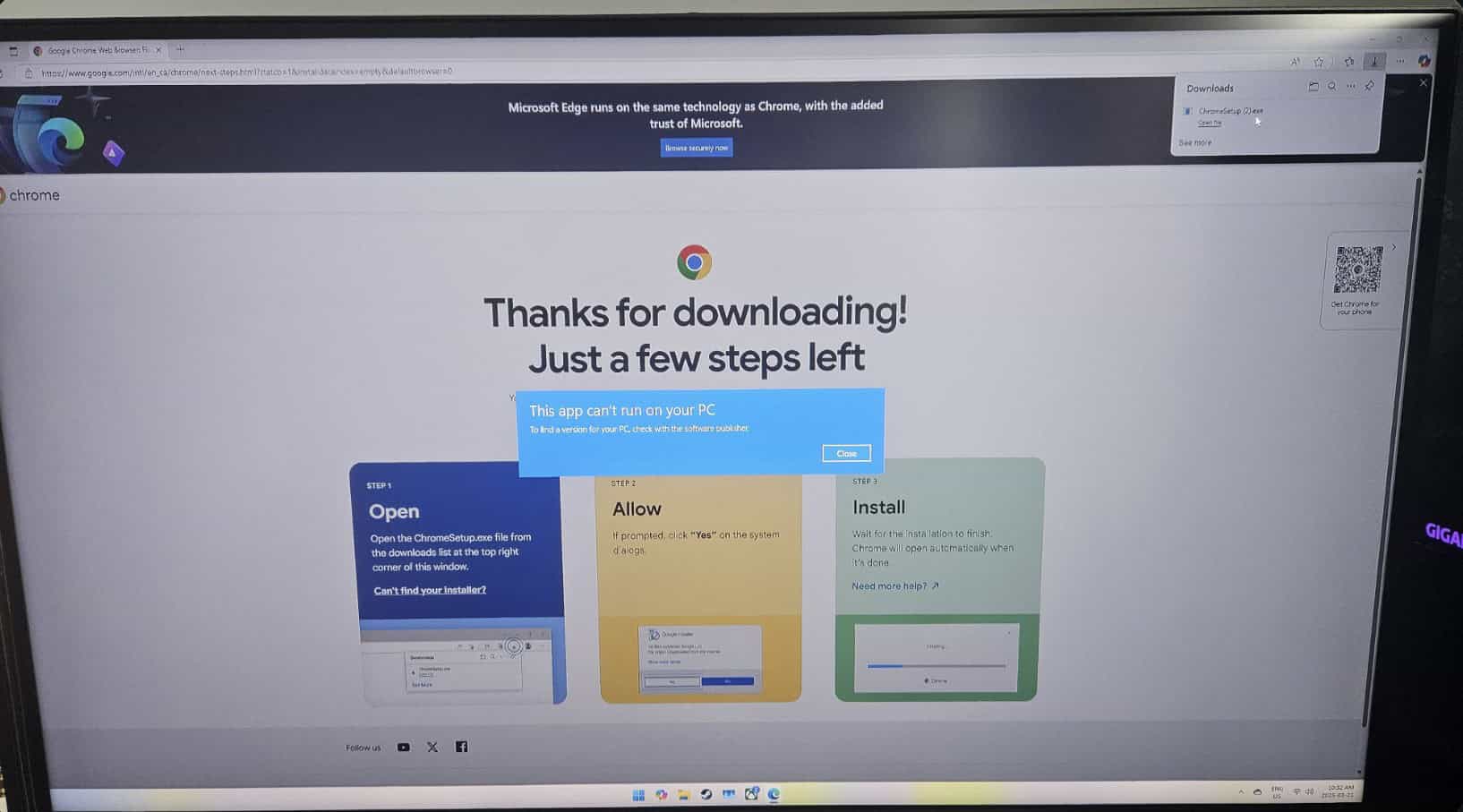
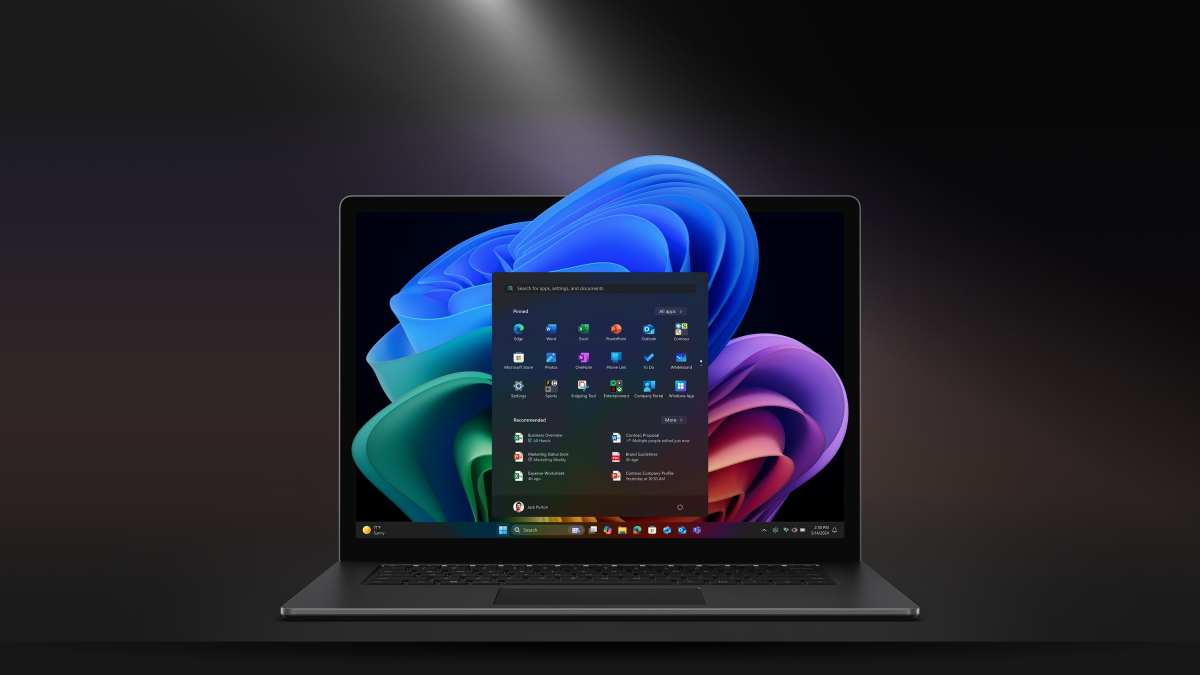


User forum
0 messages